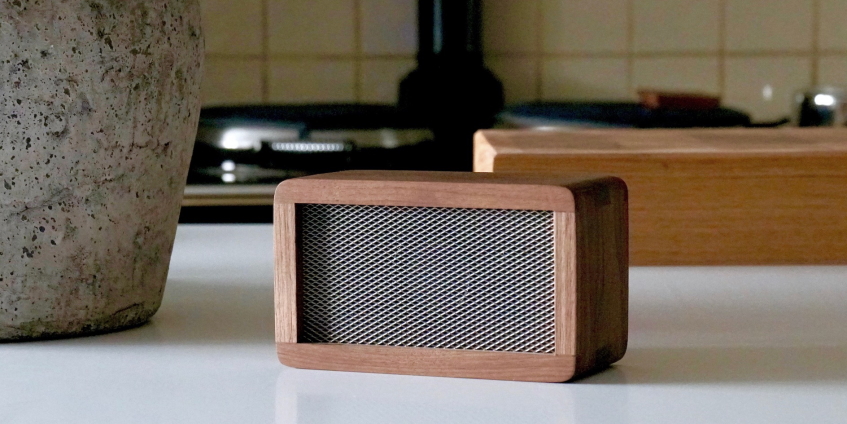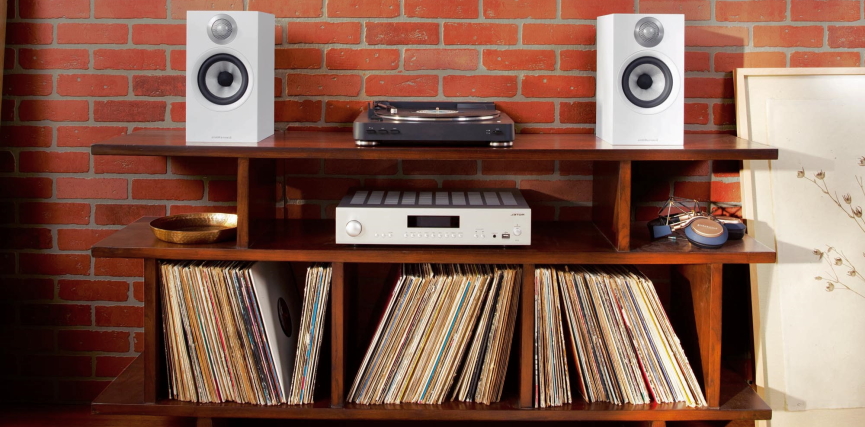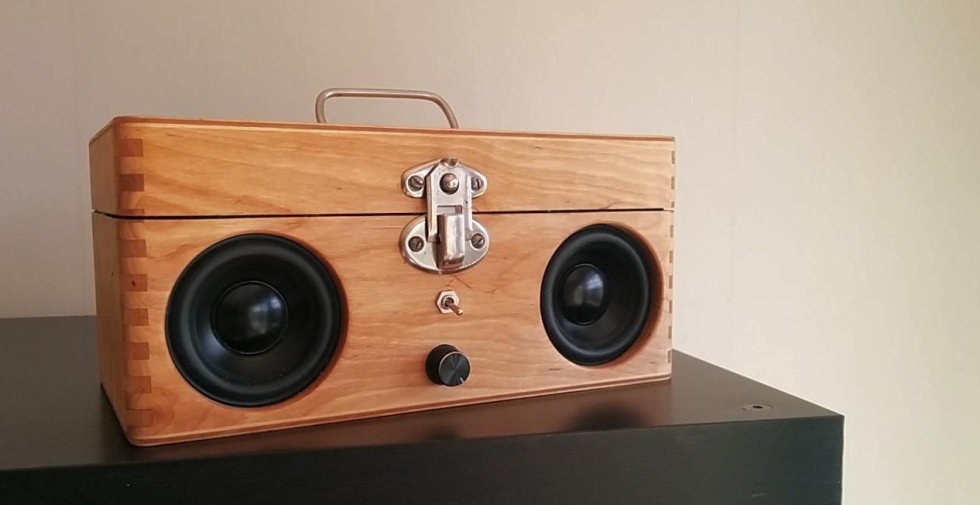Which Speaker is Better: Wooden or Plastic?

The way a speaker look is important to some people. Some might prefer something more natural-looking, while others will spend money on plastic or metal speakers instead of wood. If you are in the market for new speakers, it might be worth your time to consider which type would suit your needs best before buying anything!
The best thing about wooden speakers is that they come in many different shapes and sizes to match any environment imaginable. Wooden speakers can also be made with beautiful finishes that complement any room décor. They may not last as long as plastic and metal counterparts, but if you want a speaker that will stand out from the crowd, this is an important consideration. Plastic and metal speakers are perfect for those who live lifestyles where durability is key.
The best material to make a speaker
Wooden speakers are “old school,” but they have some benefits that plastic ones don’t. For one, wooden speakers tend to be more durable than their plastic counterparts. They can also sound better for classical music because the wood resonates with the strings on the instruments and creates a richer sound. But if you play rock or hip hop, buy plastic instead!

When comparing two speakers, we are all familiar with the common adage, “Wooden or Plastic?” when comparing two speakers. However, you may have also heard that one is better than the other. It’s time to find out for sure.
- The plastic speaker is lighter in weight but tends to distort sound quality at higher volumes because of its lack of resonance qualities. On the other hand, the wooden speaker is heavier but offers greater acoustic output due to its natural resonant properties, making it ideal for high-volume listening levels.
- Sound waves are reflected into the wood from within the cabinet where they are reflected from it.
- Wooden speakers treated with deck stain have a warmer sound than plastic speakers do because of how they work with vibrations.
- The downside to wood is that it needs more care than plastic when being stored or transported.
- Plastic’s disadvantages include breaking easily if dropped on hard surfaces like concrete or tile floors, not being able to produce as much bass as wooden ones can, and having less natural resonance when played vs. wooden ones
- On the other hand, Plastic offers advantages such as being lightweight enough.
Molded plastic vs. wood for speakers
We all know that speakers play a huge role in the quality of our listening experience. But do we know what differentiates one speaker from another? Well, it might be time to take off your earbuds and find out because this blog post will give you the low-down on wooden versus plastic speakers. Wooden speakers are made from natural wood and often produce richer sounds than their plastic counterparts. However, they require more upkeep and may need replacing after years of use, depending on how well they’re taken care of. Wood also expands when wet, which can lead to warping or cracking over time if not properly looked after – but don’t worry, we’ll tell you how! On the other hand, plastic speakers are less expensive, lighter weight, water-resistant.


 Project New West is an award winning team of producers creating music in a state of the art recording studio located in downtown Dallas.
Project New West is an award winning team of producers creating music in a state of the art recording studio located in downtown Dallas.